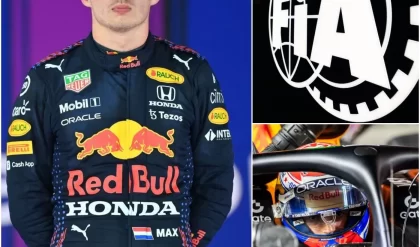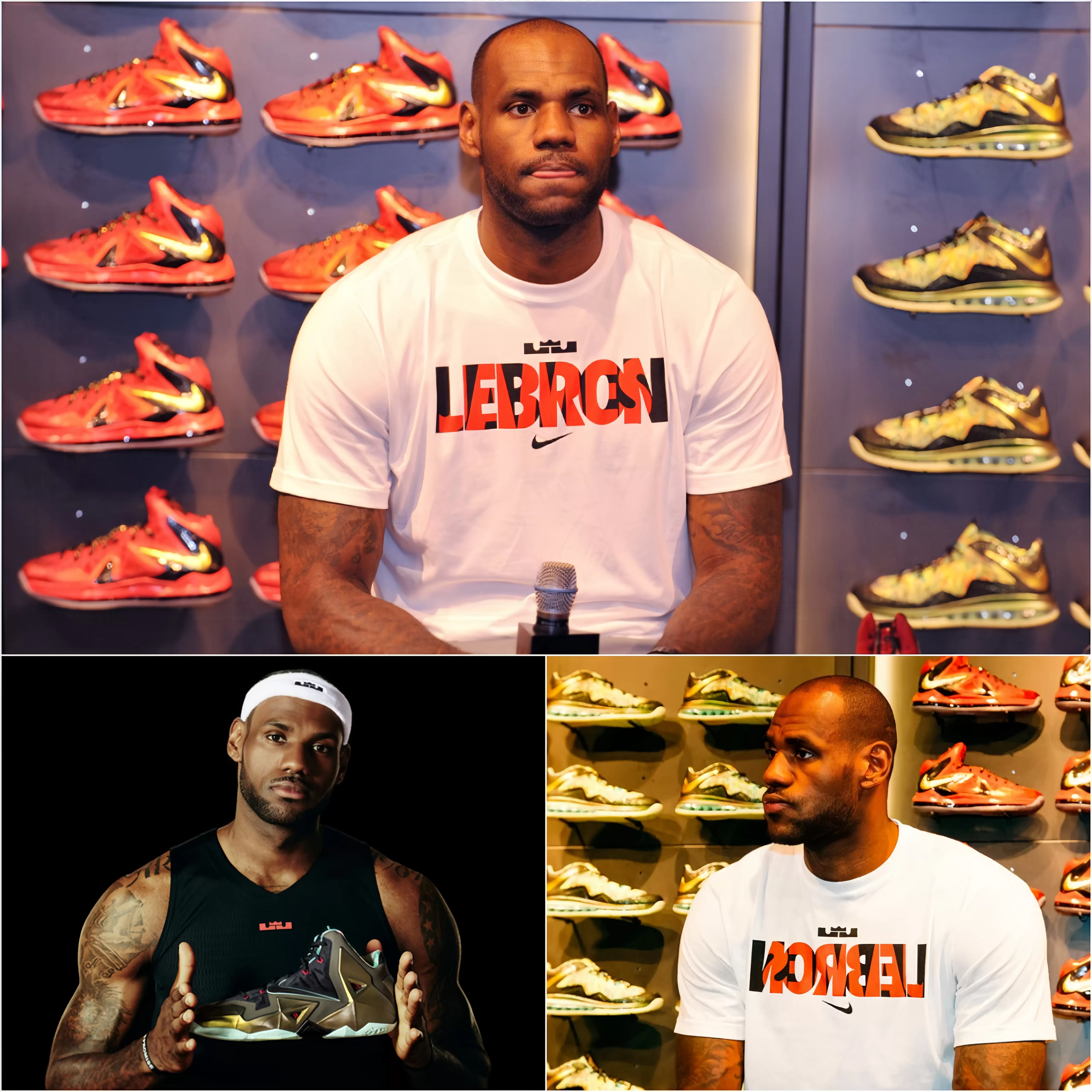
LeBron James, one of the most iconic and influential figures in sports, has not only dominated the basketball court but has also redefined the relationship between athletes and brand endorsements. His partnership with Nike, which began in 2003, is one of the most lucrative and lasting in the history of sports marketing. The $1 billion lifetime deal signed in 2015—one of the first of its kind in the athletic world—has not only set a precedent for future athlete-brand partnerships but has also played a pivotal role in elevating James’s financial and personal brand to unprecedented heights. This article explores how LeBron James’ Nike deal has solidified his legacy both on and off the court, and how it is shaping the future of athlete-endorsed brands in the modern era.

LeBron’s partnership with Nike began when he was just a 18-year-old rookie in the NBA, coming straight out of high school. It was a landmark deal at the time, with Nike signing James for a reported $90 million, one of the largest rookie endorsement contracts ever. The potential of that deal was realized over the years as James not only became the face of the NBA but also transformed into a global icon, with Nike capitalizing on his success to create one of the most recognizable and valuable product lines in history.
The LeBron James signature shoe line has become one of the brand’s top sellers, with the LeBron sneakers being a staple in the market for over a decade. Each new release consistently breaks sales records, reinforcing the strong bond between LeBron and Nike consumers. The collaboration has also gone beyond just shoes. James has been featured in numerous ad campaigns, lending his image to Nike’s broader portfolio of products, ranging from apparel to sports equipment, while also collaborating on exclusive collections that have broadened the reach of the brand’s athletic offerings.
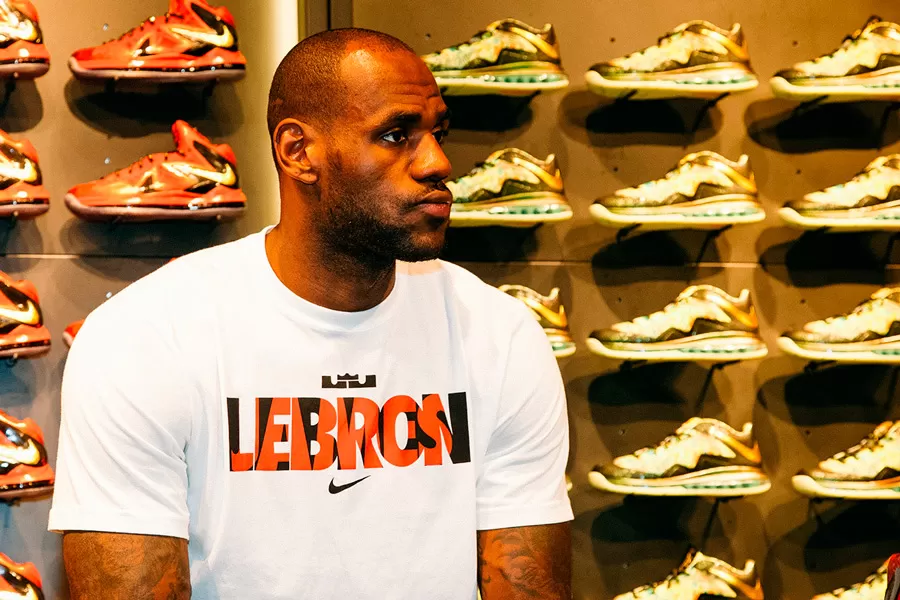
In 2015, LeBron James made history when he signed a lifetime contract with Nike, reported to be worth over $1 billion. This deal was groundbreaking, not just because of its immense value but also because it marked a shift in how brands view and treat superstar athletes.
Nike’s lifetime contract was a nod to James’s status as one of the most powerful athletes in the world, but it also solidified his position as one of the richest individuals in the sports world. With this partnership, LeBron James ensured that his relationship with Nike would transcend his playing days, offering him a steady stream of income well after he retires from basketball.
But beyond the numbers, this deal is monumental for other reasons. LeBron’s ability to negotiate such a lucrative deal was due in part to his unique marketability and his ability to connect with fans across various demographics. While Michael Jordan had already set the standard with his partnership with Nike and the wildly successful Air Jordan line, LeBron James took it to the next level. He expanded the definition of what it meant to be a brand ambassador, becoming more than just a figurehead for a product, but a global ambassador for an entire culture of athletes, influencers, and consumers.
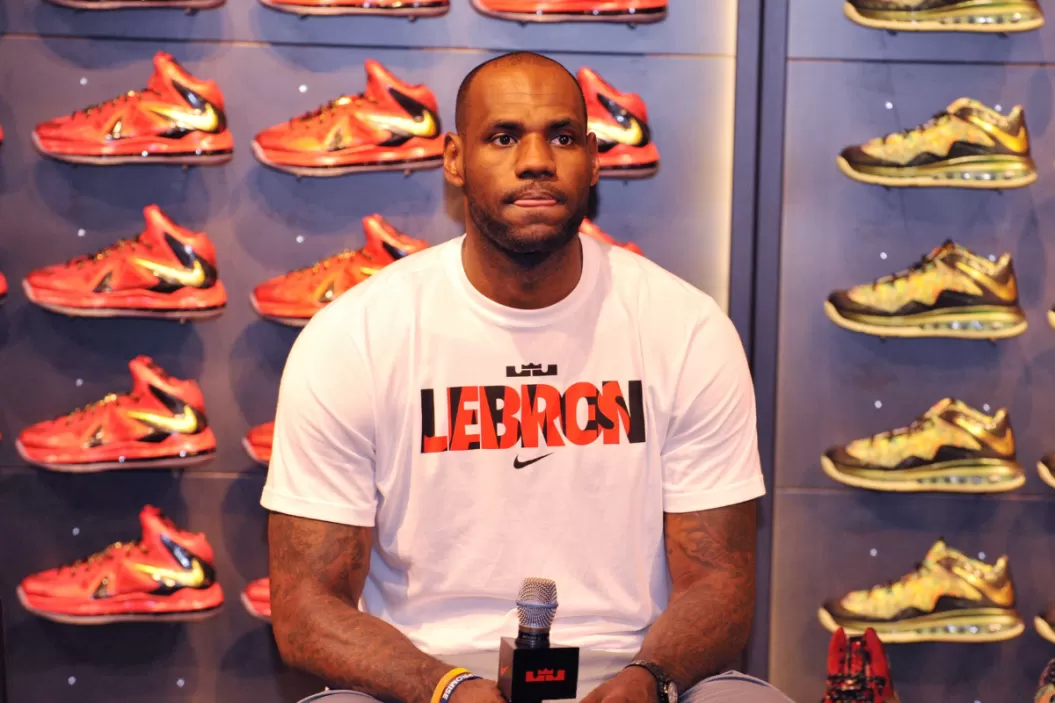
LeBron’s deal with Nike is not only changing the financial landscape for athletes but also influencing how athletes position themselves within the commercial space. The long-term, multimillion-dollar endorsements for athletes have become a standard, setting the stage for the next generation of sports stars to command similar deals.
LeBron has shown that athletes can leverage their platform and their personal brand to create business ventures that extend far beyond their sport. His investments in media companies, his involvement with the SpringHill Company, and his commitment to social causes and philanthropy have further cemented his status as a powerful figure in American culture. His deal with Nike is emblematic of a shift towards athletes owning and controlling their own narrative, from product lines to charitable endeavors, paving the way for future athletes to do the same.
Furthermore, LeBron’s Nike deal sets a precedent for future superstar athletes looking to partner with brands. It signals that athletes who command cultural influence—whether through their skill on the court or their impact off of it—can be just as valuable as traditional advertising vehicles. The modern athlete, like LeBron, is now an entrepreneur with the power to shape industries and influence global markets, not just a player on the field.
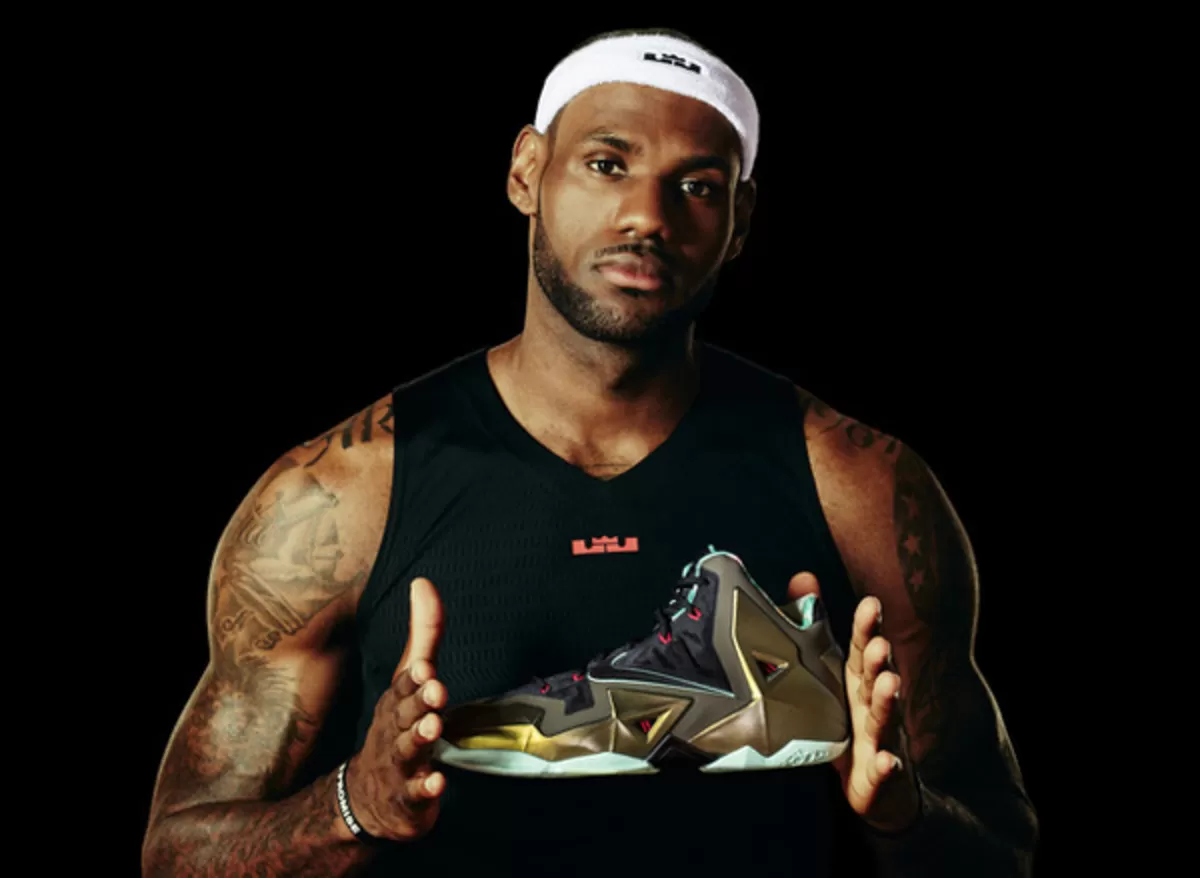
As LeBron James continues to play in the NBA, his Nike deal secures his place in sports marketing history. However, it is his long-term vision that sets him apart from other athletes. LeBron is building a legacy that will last far beyond his basketball career. His deal with Nike ensures that, even after he retires, he will remain a dominant figure in global sports culture, with his products continuing to resonate with consumers for generations.
By aligning himself with Nike, LeBron James has positioned himself as a generational figure in not just basketball, but in business and entrepreneurship. His partnership with the brand has extended his influence, allowing him to remain relevant in the public eye long after his final game. The billion-dollar Nike deal is one of the key pillars of this enduring legacy, illustrating just how important the relationship between an athlete and a brand can be in today’s world.
LeBron James’ billion-dollar Nike deal is more than just a financial achievement—it is a game-changer that has transformed the athlete-endorsed brand landscape. This partnership has not only solidified LeBron’s place as one of the wealthiest athletes of all time but also redefined the role of athletes in the business world. His success with Nike serves as a blueprint for future generations of athletes who seek to maximize their earning potential and shape their own legacies.
Through his business ventures, philanthropy, and media influence, LeBron James is proving that the power of an athlete’s brand can transcend sports. As the sports industry continues to evolve, LeBron’s deal with Nike is likely to remain one of the most significant and influential partnerships in the history of sports marketing.




